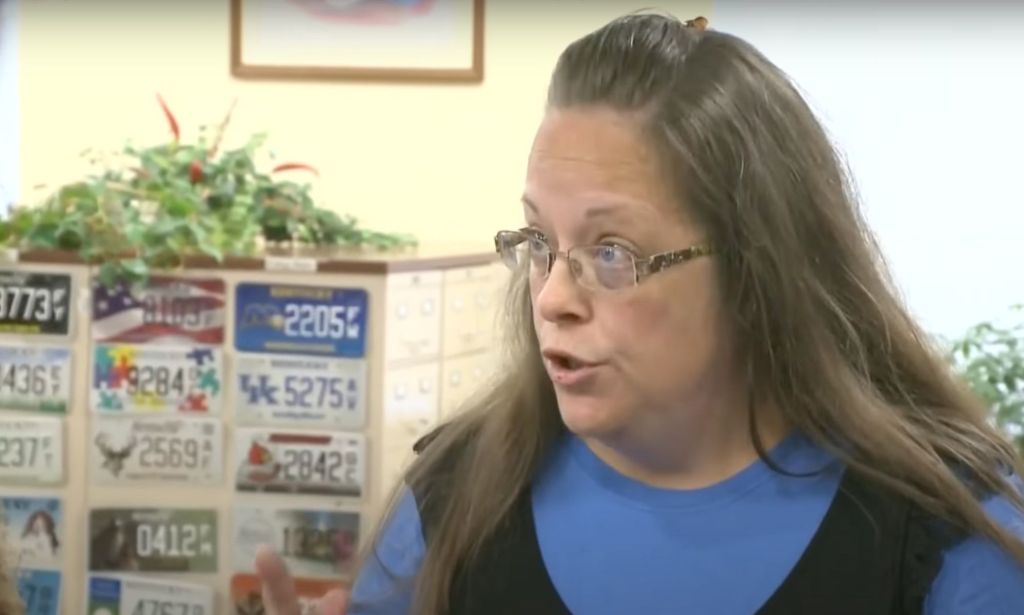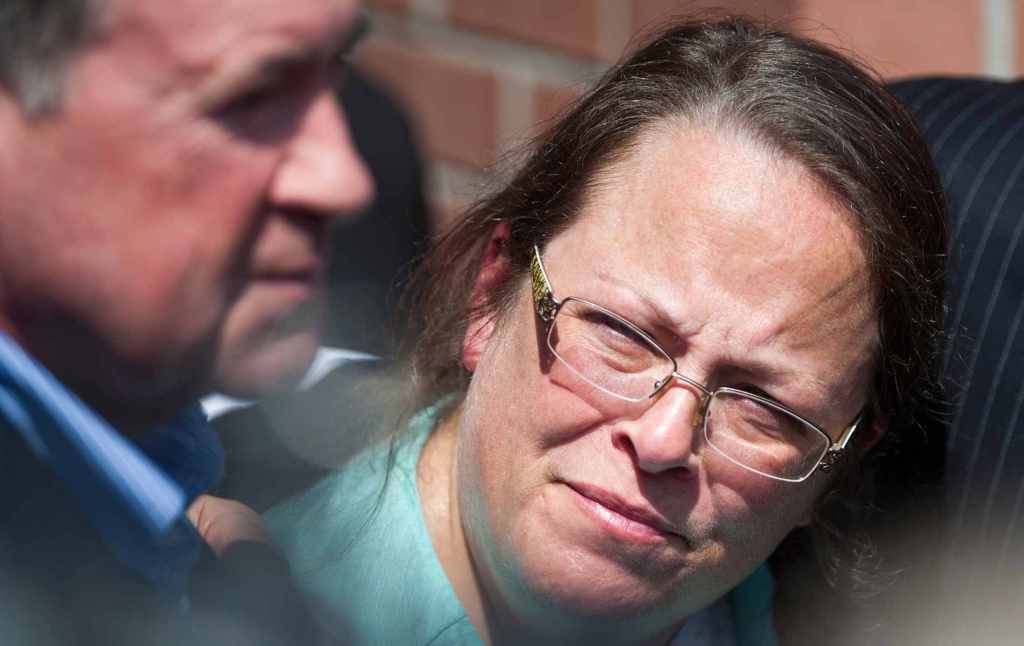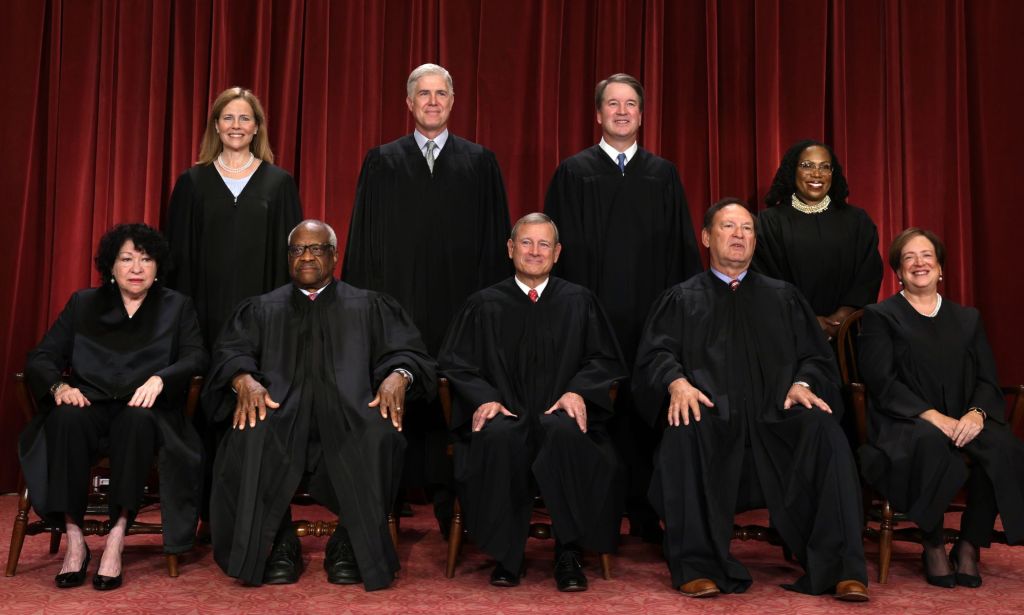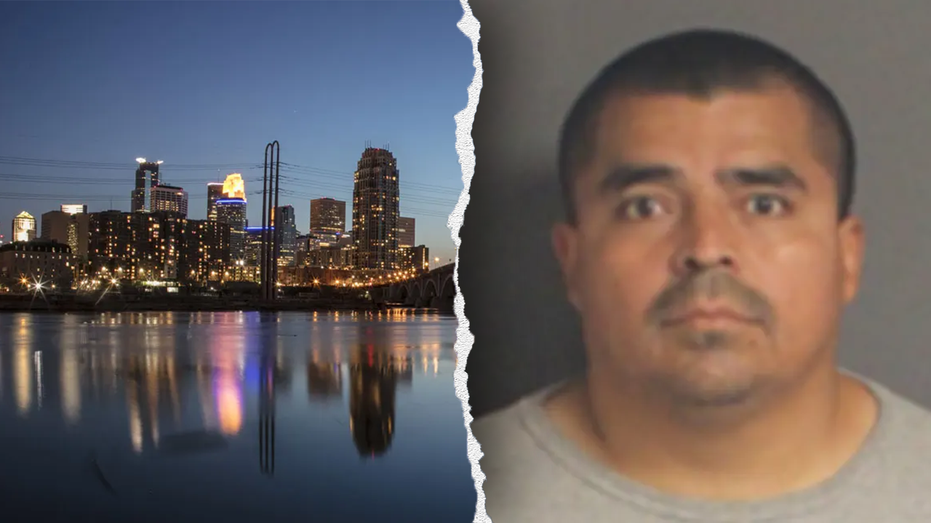The US Supreme Court has announced it is considering whether to hear a case that could threaten same-sex marriage across the country.
Justices will reportedly convene during a private meeting on 7 November to discuss whether to take on a legal challenge brought by former Kentucky county clerk Kim Davis.
In 2015, shortly after the Supreme Court recognised a constitutional right to same-sex marriage through its Obergefell v Hodges judgement, Davis refused to issue marriage licenses to same-sex couples on religious grounds.

After a decade of litigation over her refusal to issue marriage licenses to any queer couples, Davis called on the Supreme Court in July to hear her case challenging a Court of Appeal’s decision, which argued Davis’ actions as county clerk were unconstitutional.
Supreme Court Justices will discuss whether to take on the case during their next private conference. Cases are typically only taken on after two consecutive conferences, which take place on Wednesdays and Fridays.
However, SCOTUSblog reports that, should the justices deny review during the first conference, a result could be announced as early as 10 November.
Who is Kim Davis and what does her legal challenge say?
Kim Davis, 60, gained international attention while serving as the Rowan County Clerk in Kentucky from January 2015 to January 2019 after refusing to issue marriage licenses to same-sex couples.
In the wake of the Obergefell v Hodges ruling, Davis, whose job involved issuing licenses to county residents, defied a federal court order after she refused to issue a license to gay couple David Moore and David Ermold, citing her religious beliefs.
The couple filed a lawsuit against Davis, who began refusing to issue marriage licenses outright under what she called “God’s authority.” A US district judge ordered Davis to issue licenses to both queer and straight couples, which she again refused to do.

While her office eventually began issuing licenses in 2016, Davis then appealed the court’s decision, arguing she was within her right to deny the couple a license because doing so would violate her right to freely exercise her religion.
In a judgement earlier this year, the 6th Circuit Court of Appeals rejected Davis’ appeal, saying that, while she had First Amendment rights to freely express her religious beliefs in a private capacity, she was not protected by the amendment when exacting on behalf of the government.
She then petitioned the Supreme Court in July to reverse the decision, insisting she had appeared before the court “not as a state actor and not as a government official with some form of sovereign or qualified immunity.”
What happens if the Supreme Court hears the case
During its private conference on 7 November, Supreme Court justices will debate whether to take on Davis’ case, which could have wider implications for same-sex marriage protections in the US.
In order to grant review, the Court needs at least four or more votes in favour of accepting the case. Two consecutive votes must succeed in order for review to be granted.
Should the first vote fail, justices will likely announce the result on Monday 10 November. If it succeeds, it could take over a week for a judgement to be announced.

So, what happens next?
If review is granted, the Supreme Court will hear Davis’ petition and decide whether she has a right to deny marriage licenses based on her religious beliefs.
The result could have significant implications on the protections to same-sex marriage brought by Obergefell v Hodges, which include a constitutional right to marriage.
However, even if the Supreme Court grants review of the Davis petition, that does not automatically mean the Court will overturn Obergefell or end same-sex marriage protections. Legal analysts believe it is more likely the Court might decide the case on narrower grounds (such as qualified immunity or the clerk’s personal vs official capacity) rather than directly overrule Obergefell.
Also, regardless of whether Obergefell is overturned, the Respect for Marriage Act (2022) provides federal protections that existing same-sex marriages be recognized by the federal government and other states, which adds another layer of protection.
The Court’s views on same-sex marriage vary widely between members. Republican member, justice Clarence Thomas, has routinely urged the court to revisit Obergefell, including in 2022 following the devastating Roe v Wade decision, which struck down constitutional rights to abortion care.
In a recent interview with the New York Times, justice Amy Coney Barrett showed her support for protecting LGBTQ+ rights, saying she believes marriage equality to carry “very concrete reliance interest.”
The post Supreme Court sets date to consider same-sex marriage challenge: What it means and what happens next appeared first on PinkNews | Latest lesbian, gay, bi and trans news | LGBTQ+ news.





